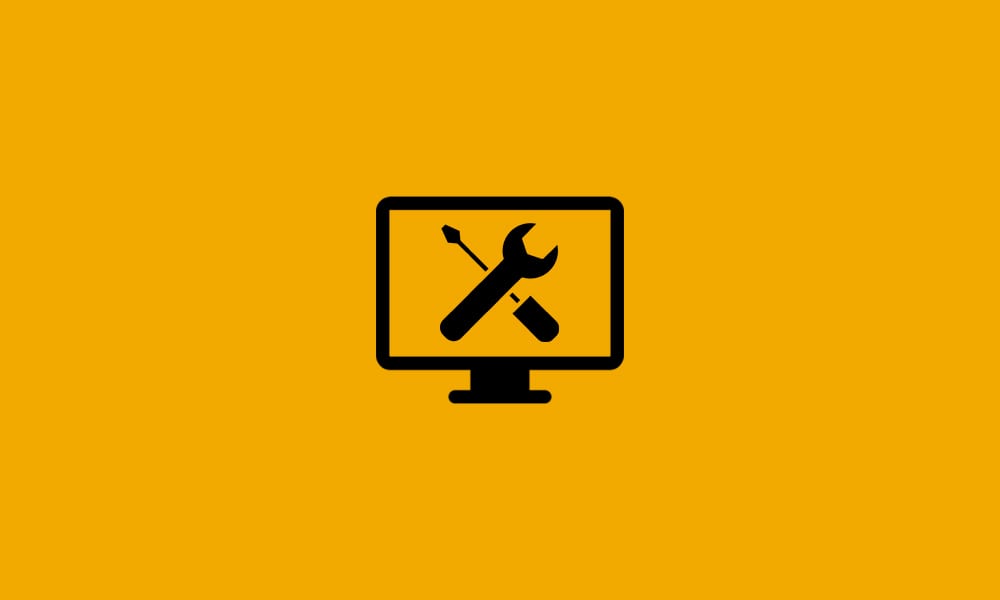With the increasing affordability of modern technology, along with the integration of that technology in our day-to-day lives, an individual person often has numerous devices they utilize throughout the day. Almost every adult has their own smartphone. Over 50% of US adults own a tablet. Laptop ownership is even higher among certain age groups.
Many people use the specific devices they do because of their personal preference. They select particular brands and models and grow attached to the way those devices work. Because of this, many choose to utilize their personal device for work purposes as well.
This is where BYOD comes into play.
Understanding BYOD
Not so long ago, the vast majority of people who worked from a computer did so on a specified work computer that was located in a designated office. This computer had special software installed on it, and it could access necessary files located either on that computer’s hard drive or on an internal office network.
But as cloud-based sharing and browser based software has become common place, the need for a designated computer in a designated place has all but disappeared. People can work from any computer or device, in or out of the office.
And since so many people already have their own devices (and/or would prefer their own devices), businesses have opened the doors to employees using their own devices for work purposes. It’s known as “Bring Your Own Device” or BYOD, and it’s taken the business world by storm over the past decade.
Today, nearly 70% of people use their own devices at work, sometimes even when it’s not allowed. While there are certainly some advantages to BYOD, it also comes with some serious risk potential.
Advantages of BYOD
BYOD can be an attractive option for both employers and employees. Employers save money on buying specific devices for each of their employees. Instead, this cost falls to the employee who will be using the device. Many employers do choose to compensate their employees at least some of this cost.
For employees, it’s advantageous because they get to use a device of their choosing. Many already have the devices they need before going into a particular job, and they’d prefer to just use the same device for everything. Gone are the days of working off a low spec company computer that may or may not have come off a refurbished product pallet.
Though you might think a person using their own device would be less productive, BYOD employees work two hours more on average. They’re also more productive while they work. It makes it easier for them to work from home or other locations as well, which further increases flexibility.
Risks of BYOD
A personal device, whether it’s a smart device or a computer, poses more of a security threat than a company device. These devices are generally less protected. They’re more likely to be left somewhere or stolen. They’re also being used to go to non-work-related websites and open up personal emails, both of which could lead to malware invading the device.
With work information being stored on these devices, this can be a serious problem. Personal devices are often connected to less secure (or non-secured) networks, which further increases the risk of exposure.
For employers, it’s harder to control and facilitate updates on personal devices. Your employees likely won’t be keen on you telling them what they can and can’t do on their personal device.
On the employee side of things, it can be more difficult to maintain a work-life balance.
Implementing BYO
Despite the risks, most IT decision makers think BYOD is a good thing. Even if it’s not your preference as an employer, your employees might come to expect it. If your company is BYOD-friendly, or you’re considering making the switch, it’s very important that you establish proper protocols and security measures to protect against the unique threats that come with BYOD.
At DataYard, we help many modern businesses implement proper BYOD policies into their overall IT strategy. This allows them and their employees to enjoy the benefits of BYOD, while avoiding the pitfalls. For IT consultation and more in Dayton, Ohio and beyond, contact DataYard today!





